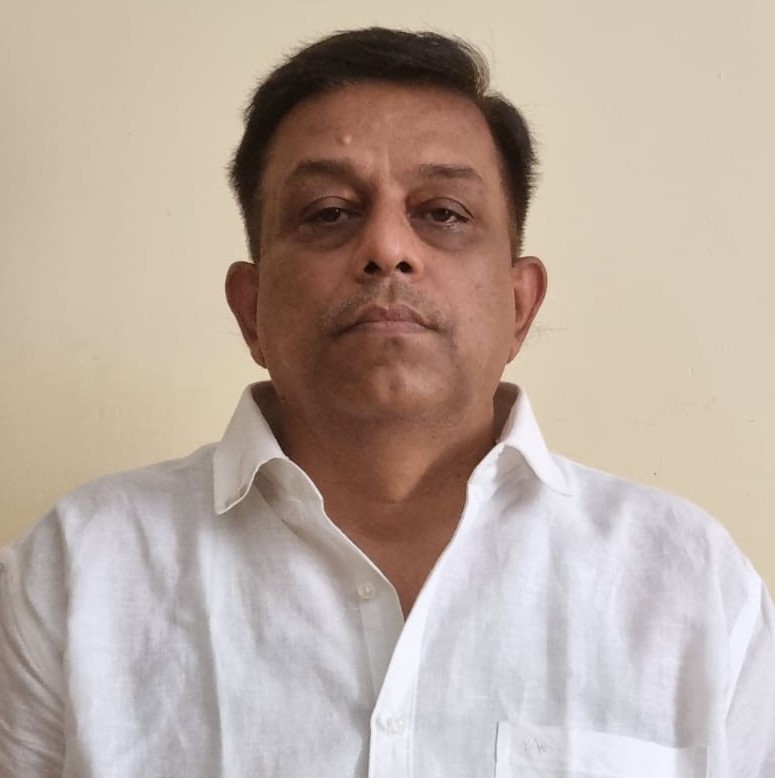Prosecution of War Criminals in Bangladesh: The Verdict Starts Coming
In its first verdict in the trial of war criminals in Bangladesh, the International Crimes Tribunal Bangladesh has sentenced Abul Kalam Azad, a former leader of the Jamaat-e-Islami party, to death for crimes against humanity. He was found guilty in absentia on eight charges. Azad, also known as Bachchu Razakar, is suspected to have fled to Pakistan. As these tribunals enjoy the status of a High Court, Azad can still file an appeal but only with the Appellate Division of the Supreme Court within 30 days of the delivery of the judgment.
The trial of war criminals in Bangladesh was the unfinished agenda of the country’s Liberation War. When Bangladeshis were fighting for liberation from the occupation forces of Pakistan who were treating then East Pakistan as a colony, forces like Jamaat-e-Islami sided with the Pakistan military and committed atrocities against their own population. They killed nearly 30 lakh people and raped some two lakh women. Instances of heinous crime committed on such a large scale are difficult to find in modern history. People who had committed these crimes went unpunished till now because immediately after the liberation of Bangladesh it was thought that forgiving them would unite the country and help it move forward. But this was not to be, and these forces reasserted themselves and even killed the father of the nation, Sheikh Mujibur Rahman, during a coup in 1975.
The anti-liberation forces subsequently became strong in Bangladesh as they enjoyed power until 1990. Even after the regime of General Ershad was ousted, the Bangladesh Nationalist Party (BNP) in alliance with Jamaat-e-Islami came to power. This only allowed Jamaat to further consolidate its presence. Soon it was found that the Jamaat was no longer defensive about what it had done during the liberation war. It once again started nurturing and supporting extremist forces. This dismayed Bangladesh’s freedom-fighters who, on the eve of the 2008 elections, brought the issue of prosecuting war criminals on the agenda. The Awami League being closely associated with the liberation of the country included the issue in its election manifesto. As the verdicts start coming after the trial of war criminals, it would meet one of the party’s most important election promises.
The Awami League government had made its intention very clear after assuming power in January 2009. It demanded an apology from Pakistan for the atrocities committed during the Liberation War. But the trial of war criminals was delayed in the wake of the February 2009 mutiny in Bangladesh Rifles, which is strongly suspected to have been masterminded by Pakistan’s external intelligence agency, the Inter Services Intelligence, and the Islamists of Bangladesh with the objective of upstaging the Sheikh Hasina government. The successful handling of the mutiny strengthened the resolve of the Hasina government to try war criminals and it constituted International War Crime Tribunals. These tribunals are trying some top Jamaat leaders and two BNP leaders. In dealing with this issue, the Hasina government has been as transparent as possible.
The attempt of Jamaat and the BNP all along has been to subvert the trial. Jamaat is the strategic ally of the BNP. For the BNP it has been difficult to oppose this trial directly because that would give the party an anti-liberation image. It is therefore using the controversy over the abolition of the caretaker government to thwart the trial. The BNP and the Jamaat are also often calling for strikes that are resulting in street battles, clashes with the police and the destruction of public and private property.
Jamaat is also trying to use dubious means to subvert the trial. One of its followers hacked the Skype conversation and emails of a tribunal judge, Nizamul Huq, who thereafter resigned citing personal reasons. The hacked material appeared to show that Huq was discussing the workings of the tribunal with an overseas Bangladeshi legal expert. On that basis, Jamaat tried to question the whole trial proceeding. It alleged that this was done on the basis of foreign diktat given that the judge whose email was hacked was engaged in correspondence with a Bangladeshi legal expert residing in Brussels. But the government has refuted these allegations on the ground that the International War Crimes Tribunal is a three member bench and it was therefore impossible for one judge to influence the proceedings and outcome of the trial.
Jamaat has also tried to apply foreign pressure on the government. Turkish President Abdullah Gul sent a letter to President Zillur Rahman and Prime Minister Sheikh Hasina wherein he requested for clemency to the people being tried. Gul noted that not only were the people being tried old but that the trials could lead to civil war. But the Bangladesh government refused to bow down under this pressure and actually criticised Turkey for meddling in the country’s internal affairs.
While it is true that the Jamaat and BNP can use rowdy elements to create problems for the government, it is important to punish the war criminals who committed atrocities on the Bangladeshi people. At the same time, the Bangladesh government would do well not to allow the law and order situation get out of hand. If the war criminals are successfully punished, that would meet a long-standing demand of the freedom-fighters of Bangladesh. It would also take the country further on the path of secularism, which has suffered a setback with the return of some top Jamaat leaders from Pakistan.
Views expressed are of the author and do not necessarily reflect the views of the IDSA or of the Government of India.




